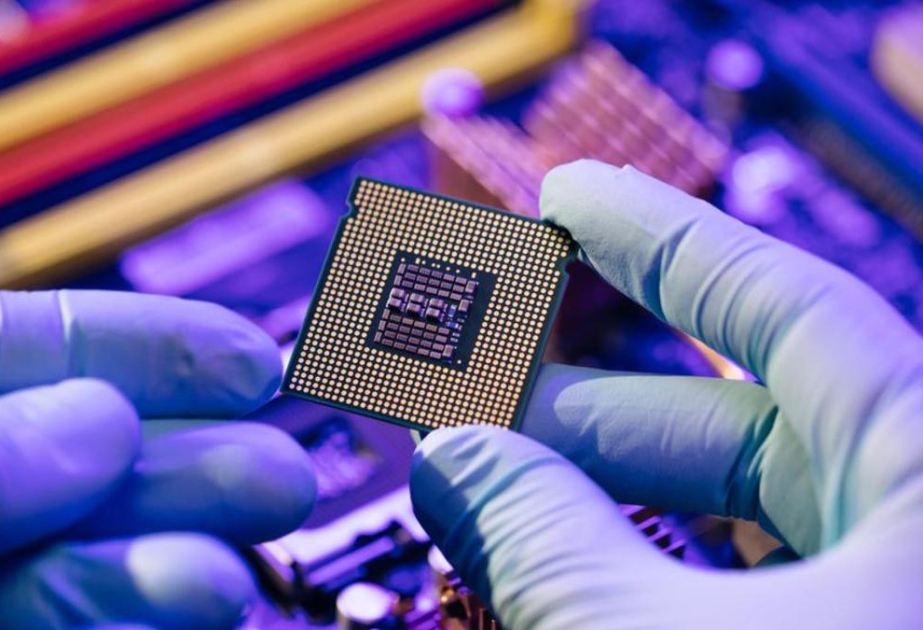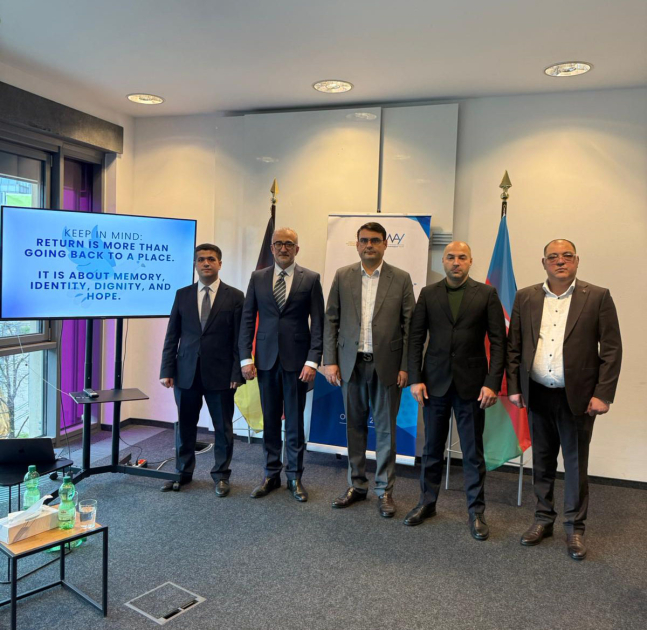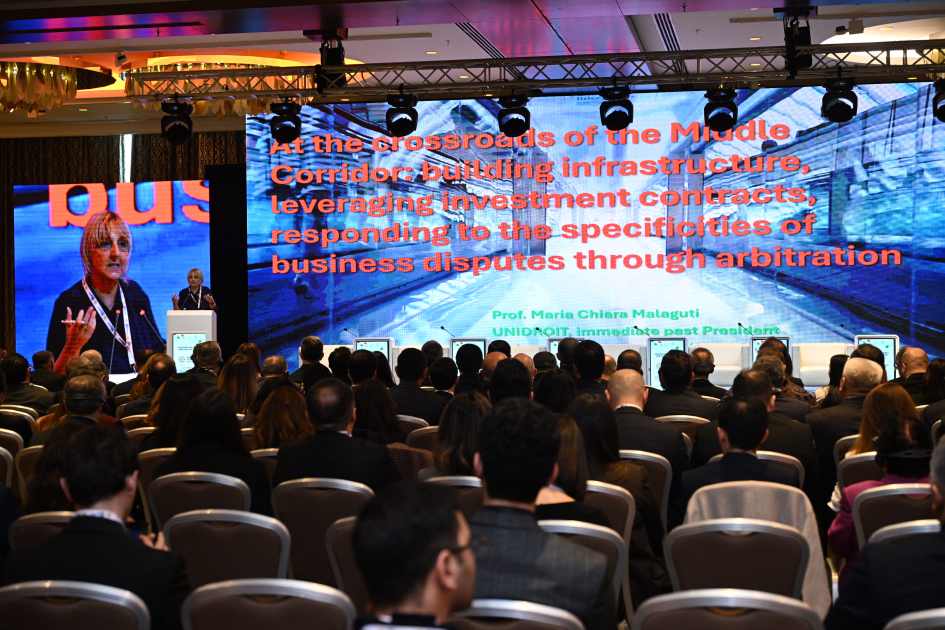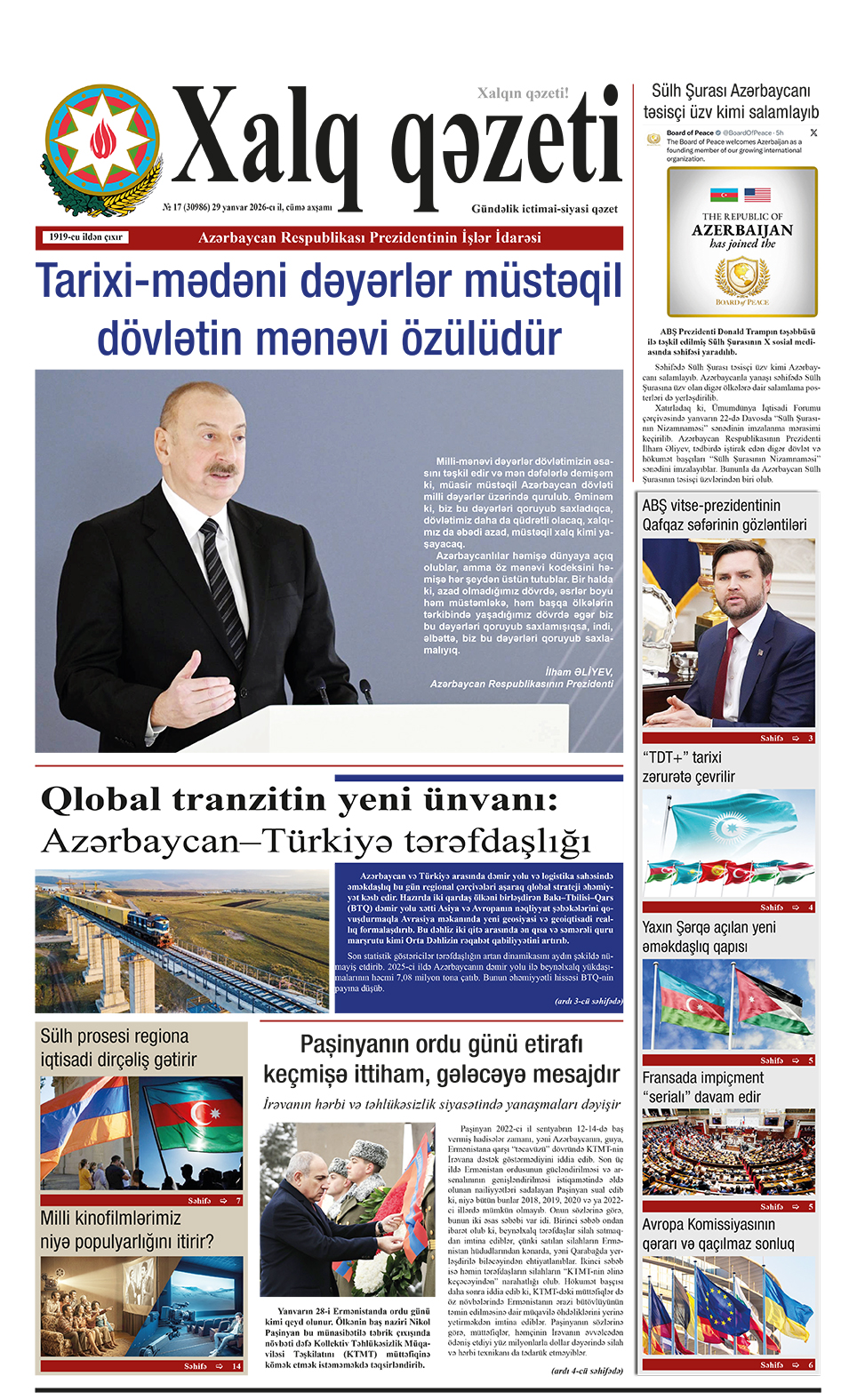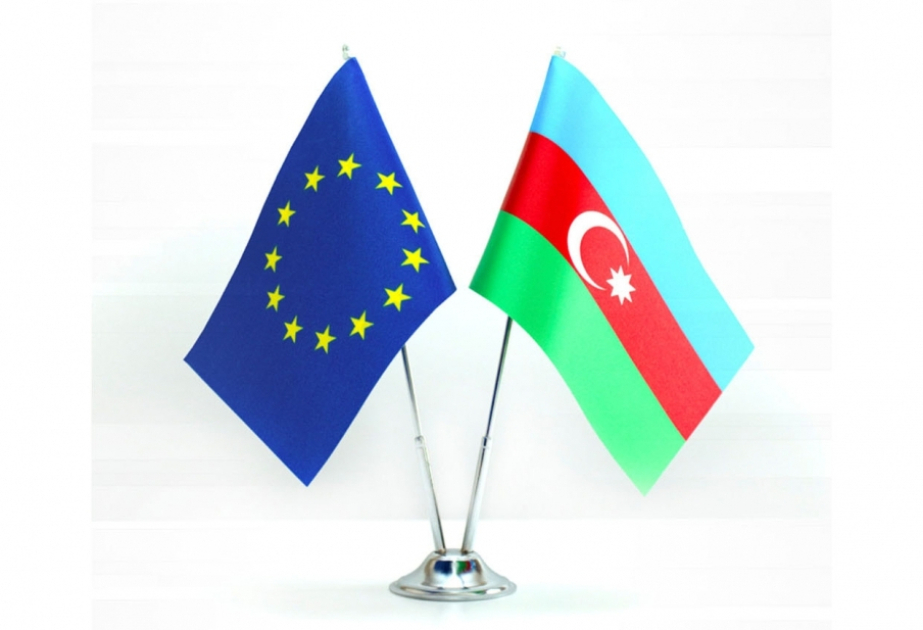The German government is preparing billions of euros of new investments into the nation’s semiconductor industry, two months after Intel Corp. shelved plans to build a €30 billion ($32 billion) chip factory in Magdeburg, according to Bloomberg.
The new funds will be provided to chip companies to develop “modern production capacities that significantly exceed the current state of the art,” Annika Einhorn, a spokesperson from the German economic ministry, said in a statement on Thursday.
The subsidies are expected to total about €2 billion, said two people who attended an official event about the funding plans this week and who asked not to be identified because the discussions weren’t public.
A spokesperson for the ministry said the sum would be in the “low single-digit billion euro range” in response to a query from Bloomberg News, declining to be more specific.
The economic ministry had published a call for chips companies to apply for new subsidies earlier this month, though the final figures are still in flux. Germany’s new government is set to be elected in February and will likely plan its own budget, leaving uncertainty for the chip companies now applying for the subsidies.
Governments around the world have been investing public funds in the chip industry as part of an effort to localize production of components that control everything from cutting-edge artificial intelligence to everyday gadgets. The push comes after Covid-era supply disruptions and as rising tensions between the US and China over Taiwan could interfere with a key source of the essential technology.
The European Chips Act, passed in 2023, aims to strengthen the bloc’s semiconductor ecosystem and double its market share to 20% of global production capacity by 2030.
Germany’s chip sector has faced two major setbacks. Intel’s €30 billion chip factory in Magedeburg was on track to be the biggest project supported under the EU’s Chips Act with €10 billion in subsidies, but the troubled US company postponed its plans in September. Wolfspeed Inc. and ZF Friedrichshafen AG also withdrew a planned chips venture in western Germany.
The first rounds of German chip subsidies under the European Chips Act were granted to Intel and a joint venture between Infineon and TSMC in Dresden.
Germany’s economic ministry wants to use the newly proposed funds to subsidize 10 to 15 projects across a range of fields, including the production of raw wafers and the assembly of microchips.
“The funded projects should contribute to a strong and sustainable microelectronics ecosystem in Germany and Europe,” Einhorn said.


